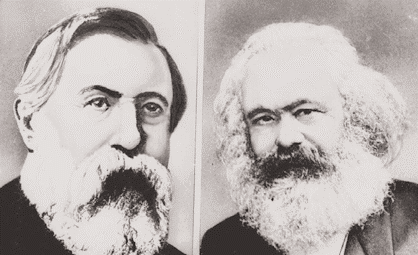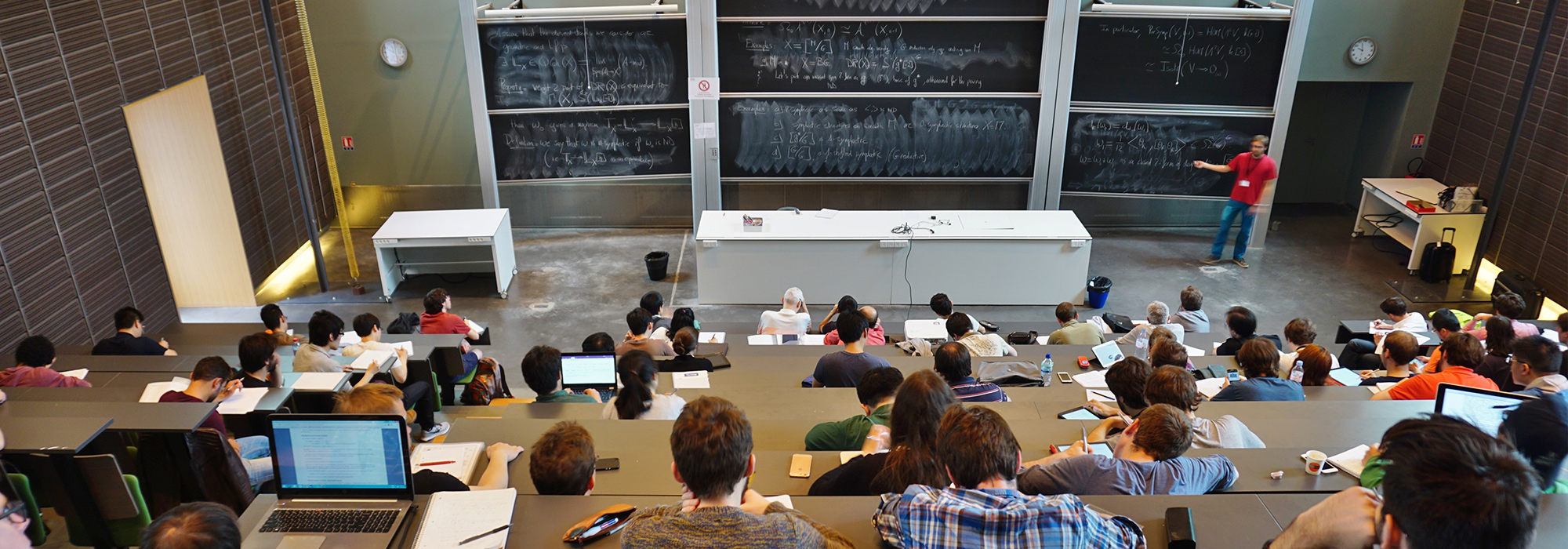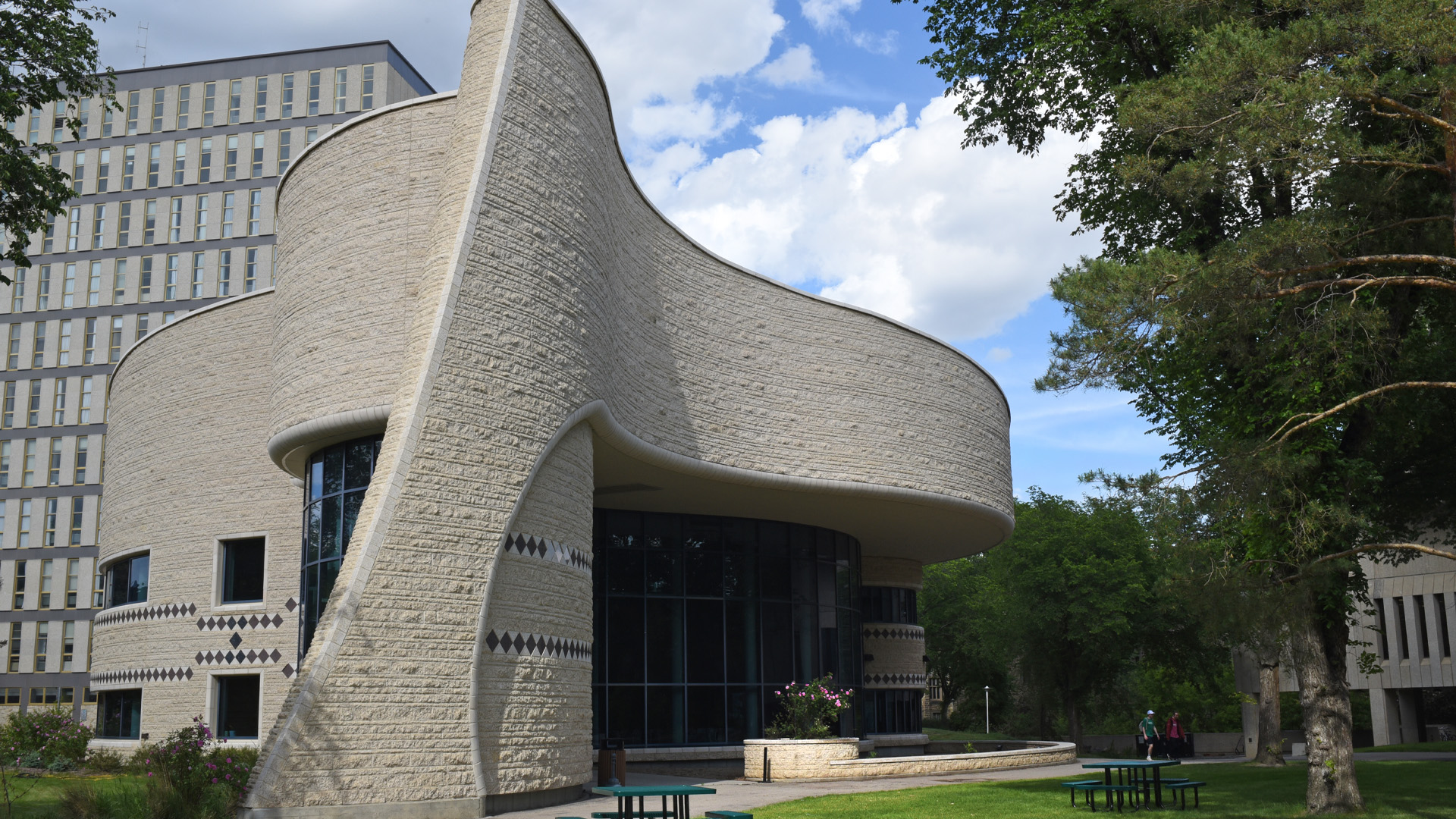
In his controversial 1990 book, ProfScam: Professors and the Demise of Higher Education, Charles Sykes argued that, “Tenure corrupts, enervates, and dulls higher education. It is, moreover, the academic culture’s ultimate control mechanism to weed out the idiosyncratic, the creative, the nonconformist.” Although his best-selling book successfully exposed many features of the dark side of higher academic life, Sykes failed to support these inflammatory assertions about tenure with more than a few carefully chosen anecdotes. My aim is to inform Sykes’s rhetoric with logical and empirical substance by applying it to the relation between lifetime university appointments and academic freedom.
The traditional—and most compelling—rationale for academic tenure is that it is the only sure way to protect independent and disinterested scholarly inquiry. If you can’t be fired for doing controversial research or teaching contentious ideas, then this will guarantee the unfettered search for truth. I suggest that this rationale doesn’t have any validity, and that tenure is simply a gilded form of lifetime job security, an unjustified sinecure enjoyed by a powerful and well-organized fraction of the intellectual elite.
This is because this argument is based on a false assertion, namely that tenure is both necessary and sufficient for doing controversial research or teaching controversial ideas. More particularly, claiming that only tenure can protect academic freedom is belied by such mutually contradictory assumptions as:
- tenured faculty are supposed to be fearless supporters of academic freedom but would be too timid to exercise this freedom without the security blanket of tenure;
- they are supposed to be novel thinkers but depend for their creativity on the sterility of a lifelong sentence in the same institution;
- the promise of tenure is meant to attract the best and brightest to a career in higher education but because tenure is an employment perquisite granted in lieu of a high salary, it discourages many ambitious individuals from choosing an academic career; and
- the tenure that supposedly allows academics to soar with the intellectual eagles in fact stifles creativity by granting the benumbing security of lifetime employment.
The most visible sign that tenure is simply a one-sided employment agreement is the fact that termination for cause—usually defined as “persistent neglect of duty, incompetence or gross misconduct”—is extremely rare in Canada. Only a few tenured professors have ever been fired for incompetent teaching and none, to my knowledge, has ever been fired for “persistent neglect of research duty,” that is, for never managing to get anything published. This means that tenure invites slacking, sloth, and ossification, each of which subverts the search for truth. It also means that tenure actually stifles creativity by encouraging risk-adverse individuals to select a career in higher education.
Empirical evidence for these assertions is found in the observation that only about 15 of Canada’s 20,000 or so tenured professors were fired between 1984 and 1994, an annual rate of dismissal of 0.0075 per cent. Even if all of these academics were brilliant scholar-teachers unfairly dismissed on political or other non-academic grounds, market theory says that they would have been quickly snapped up by other universities—in the same way that private-sector workers who have been unfairly fired are quickly snapped up by competing firms.
To be sure, Canada has thousands of hard-working, productive, and dedicated scholar-teachers. Much is known about the best of these academics, the 2,000 or so star scholars who form a small but critical part of the country’s approximately 33,000 full-time faculty. This is because their sterling accomplishments are featured month after month in university newsletters, alumni journals and the like. On the other hand, little or nothing is known about those mid to late-career professors who have given up the scholarly ghost, thereby shirking the responsibilities that accompany academic freedom. This is because universities are reluctant to investigate, let alone broadcast, anything that would place their institutions in a bad light during these difficult financial times. But if studies of research productivity at American universities can be generalized to Canada, and there is little reason to believe that they cannot be, then:
- the top 15 per cent of all academics produce about 50 per cent of the articles in the leading journals in their disciplines;
- pre-tenure research output often nosedives, sometimes to zero, after that much cherished lifelong appointment is secured; and
- between 40 and 50 per cent of Canadian academics publish the equivalent of a single book and fewer than a dozen scholarly articles over an entire career.
Even among highly productive scholars, there are few flashes of true brilliance or originality. Rather, most academics spend their time and energy currying collegial and other favour by assiduously sympathizing with whichever intellectual paradigm happens to be the flavour of the week. Indeed, few tenured professors, whether highly published or not, are innovative cerebral gadflies intellectually or politically out of step with those around them. Tenure actually chokes creativity by biasing selection in favour of civil-service-minded types attracted to academe by job protection and lack of accountability to peers, superiors or the tax-paying public. It should be no surprise, then, that most university professors strongly resist the idea of university privatization and commercialization.
Compounding this problem is the fact that at many Canadian universities tenure is much easier to get than it is at the best universities around the world, especially those in the United States. At most Canadian universities, a nearly airtight case has to be made for denying tenure. To be turned down for an” appointment without term” a candidate has to be shown to be very weak, if not totally incompetent, in teaching and/or research. Accordingly, relatively few candidates are ever rejected and those who are invariably appeal, which often results in years of litigation costing their universities and faculty associations tens of thousands of dollars in legal fees. At the best American universities, on the other hand, a very strong positive case has to be made for being granted tenure, and candidates are routinely turned down if they do not have an outstanding publication record.

Not only does tenure protect both indolence and incompetence, it also makes academic freedom a parody of freedom of expression. In Canada, free speech is protected by the Charter of Rights and Freedoms and includes the lawful (though not necessarily truthful) utterance of pretty much any idea. Thus in everyday discourse ordinary citizens are permitted to say that the earth is flat and are free to try to convince others to believe the same thing.
Though rooted in free speech, academic freedom carries an important additional responsibility. The collective agreement between the academic faculty and management at the University of Manitoba contains a typical description of academic freedom:
The common good of society depends upon the search for truth and its free exposition. Academic freedom in the University in teaching, research and the dissemination of knowledge is essential to these purposes… Academic freedom carries with it the responsibility to use that freedom in a manner consistent with the scholarly obligation to base research, teaching and the dissemination of knowledge in the search for truth.
The extra responsibilities associated with academic freedom mean that professors are expected to meet a higher standard of free expression than other citizens, a standard based on ethical, intellectual and scientific accountability rooted in the search for truth. They should not claim, in their role as professors, that the earth is flat nor try to convince their students that this is true—at least not without reasoned argumentation and credible scientific evidence, which presumably would be difficult to find.
Anyone who has been paying attention to current university politics and the plight of disinterested inquiry and the “search for truth”—at least in the humanities, social sciences and education—will recognize that academic freedom, at least in its traditional sense, has become a charade. Tenure has permitted the subversion of the search for truth by upholding ideological indoctrination and by permitting postmodernist academics to freely claim that there is no truth to search for. One recent book-length discussion of tenure and promotion in the United States employs what the authors call a “critical postmodern perspective” to argue that traditional norms for granting tenure have little current application to universities because all knowledge is socially, politically and culturally constructed; because it is false to argue that “we can ever understand ultimate Truth through reason; instead, truth is considered ephemeral and subject to multiple, conflicting interpretations”; because knowledge is not discovered in a systematic and objective way; because the gender, race and sexual orientation of the knowledge producer are critical to both its generation and interpretation and because individual differences in knowledge production should not be “subjugated to communal norms, and common definitions of excellence, effectiveness, or even what qualifies as knowledge…”

These assertions have at least three troubling implications. First, they imply that there should be radically different and potentially incompatible criteria and standards for granting tenure based on gender, race and sexual preference. Among other things, this would pervert the tenure process by making it susceptible to judgements made on the basis of political correctness, passing fads, subjectivity, nepotism, patronage and grudge.
Second, if these assertions are correct, then attending university to learn only that there is nothing to learn except that all knowledge is ephemeral, relative, non-rational, sexual and personal would be a huge waste of time and money.
Third, if these postmodern assertions are false—if they are equivalent to claiming that the earth is flat—then the tenure that protects their generation ends up promoting a politicized anti-intellectual and non-rational relativism, the antithesis of academic freedom’s mandate to use logic, reason, and intellectual passion alone in a disinterested search for truth.
Notwithstanding their rejection of eternal truths, objective standards, and rationality, postmodern academics must acknowledge that tenure is a recent invention, a 20thcentury innovation in an institution—the university—that goes back to at least the 13th century. What the long historical gap between the invention of the university and the creation of tenure suggests is that real academic freedom does not depend on any sort of institution, academic or otherwise. Any list of the most influential and revolutionary thinkers, inventors and artists of all time—a list that would include Da Vinci, Shakespeare, Galileo, Newton, Smith, Mozart, Darwin, Marx, Edison, Freud and Picasso—would contain not a single tenured university professor. What this list says is that academic freedom is upheld not by the modern tenure system but by hundreds of years of artistic and scientific brilliance rooted in the traditions of Western civilization.
The list also suggests that the great minds of human history, as disparate as their achievements have been, share one fundamental trait: a bold willingness to challenge conventional wisdom. As one American academic, James O’Toole, has argued, “The true source of academic freedom from Socrates to Scopes has been the courage of individual scholars.” This means that academic freedom in the ivory tower, like freedom of expression in society at large, is ultimately protected not by some bureaucratic structure called tenure, but by the moral courage of independent-minded and freedom-loving individuals.
Moreover, in Canada tenure is not necessary to protect academic freedom. Most faculty are already members of strong labour unions whose contracts entrench academic freedom and enforce binding grievance procedures when such freedom is attacked, even extending this protection to probationary candidates and sessional lecturers. Given this increasingly legalistic mode of operation, if tenure were abolished and those of normally faint heart chose to speak out on controversial issues, this could readily be accommodated by clear, ethically defensible and mutually enforceable codes of academic freedom.
The existence of academic freedom and free speech outside the academy, the presence of academic freedom inside the academy in the absence of tenure, and the protection tenure gives to poor performance, political propaganda and the postmodern repudiation of the search for truth, all make clear that tenure is simply a job for life. “Academic freedom,” writes Thomas Sowell, has become “… prostituted into narrow, self-serving claims to privilege, power and unfettered access to the public treasury.”
But if protecting academic freedom via the self-serving privileges and power of tenure is not necessary, neither is it sufficient to guarantee either its exercise or its protection. This is because most professors, while they may fiercely uphold their inalienable right to an iron rice bowl, are generally indifferent to academic freedom, either their own or that of their colleagues. In nearly every case I know of in Canada, the reaction of the tenured faculty to assaults on the academic freedom of one of their colleagues has been a deafening silence, a reaction that suggests either moral apathy, an indifference to academic freedom, or both. Indeed, in every case I know of, the strongest support for academic freedom has come from individuals and groups outside the ivory tower, including senior editorial writers at Canada’s major newspapers, the Canadian Civil Liberties Association and the Society for Academic Freedom and Scholarship.
The indifference of most faculty to assaults on academic freedom flies in the face of the key rationale for tenure, as enunciated by no less than the Supreme Court of Canada: “Tenure provides the necessary academic freedom to allow free and fearless search for knowledge and the propagation of ideas.” It would seem obvious that a “free and fearless search for knowledge” means that professors should not be censored, censured or otherwise punished for saying or writing what they know or rationally believe is truthful simply because doing so happens to offend certain people or groups or make them feel “uncomfortable.” In fact, making students feel uncomfortable about their beliefs, values and prejudices used to be a core function of higher education. Today, of course, it is a crime potentially punishable by dismissal following a Star Chamber investigation by campus speech police.

The very existence of university anti-free speech codes is itself an assault on academic freedom—and convincing evidence that free speech cannot be protected by tenure. Tenured academics muzzle themselves to appease a motley crew of hypersensitive campus bullies and control freaks pretending to be the victims of Western civilization. University of Toronto psychologist John Furedy has aptly called these features of university social control “velvet totalitarianism.” Academic freedom has been reduced to the right not to offend anyone. Chronic assaults on academic freedom and the indifference of the bulk of the professoriate to them has external commentators calling universities “islands of repression in a sea of freedom.” The unwillingness of most tenured professors to challenge the heavy-handed implementation of repressive, albeit politically correct, university anti-free speech codes—except perhaps in hushed tones within the sheltered confines of the faculty club—suggests that moral cowardice, not any breach of academic freedom, is what needs to be protected against.
Fortunately, there is a ready solution to the myriad of problems associated with tenure, namely its replacement by renewable multi-year performance-based contracts. Tenure could even be retained to grant ultimate academic autonomy to truly exceptional scholars, the tiny intellectual elite, to dissuade them from taking positions at other institutions or in the private sector. As for the rest—the mass of lacklustre performers—the future of higher learning and advanced research, the interests of students, and the needs of society would all be better served if they were emancipated from this pernicious institution.
Photo: Shutterstock







